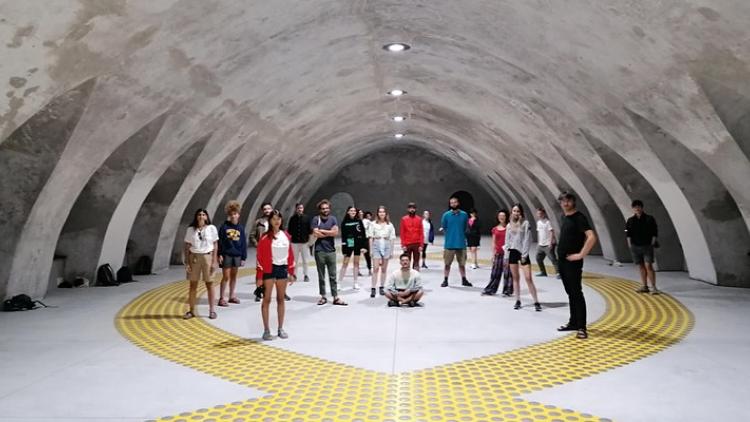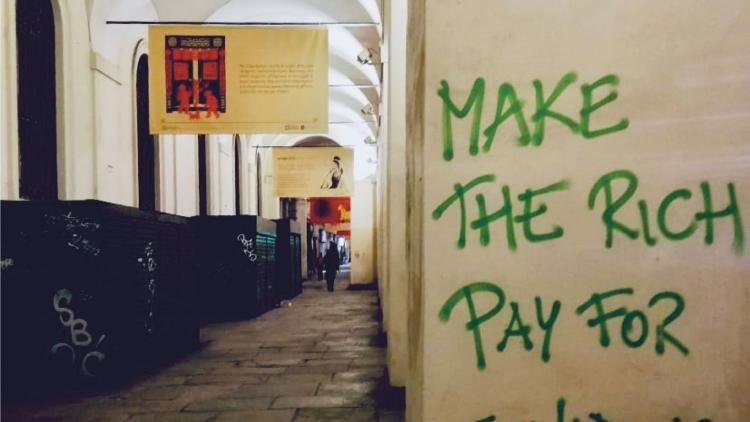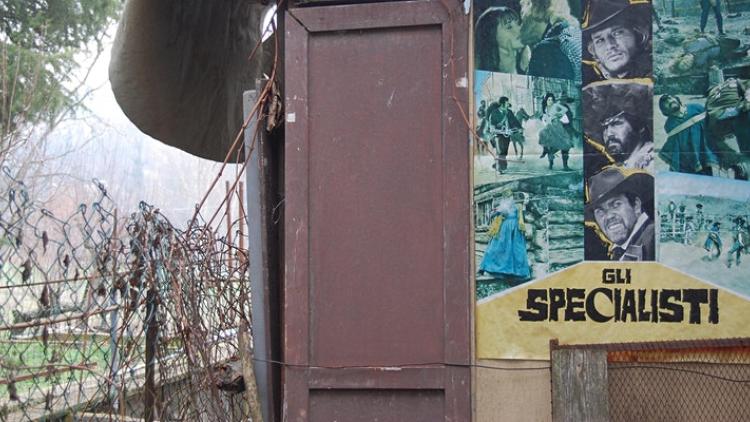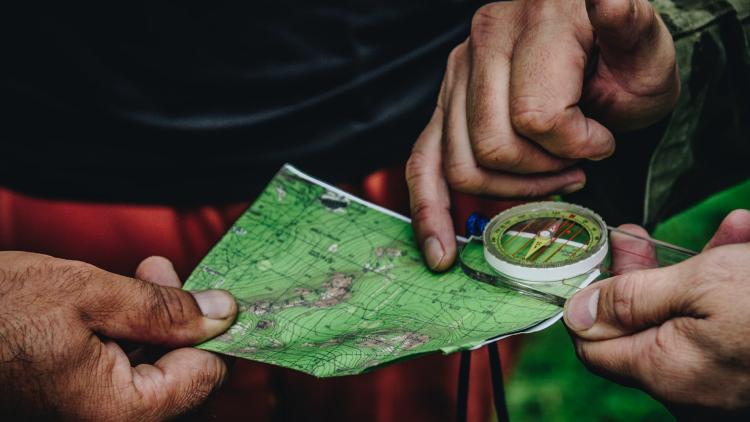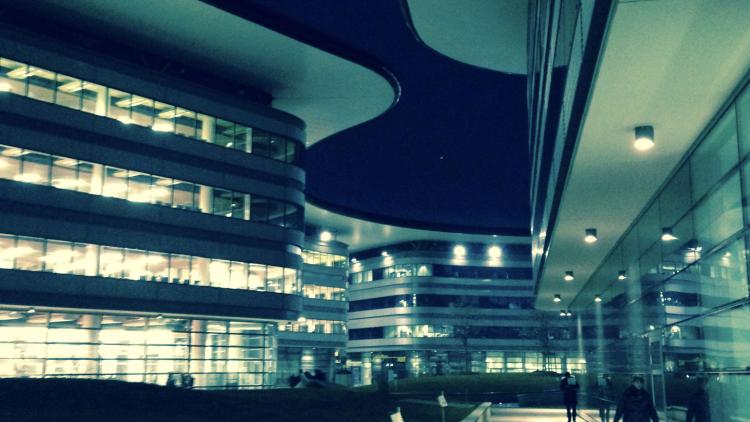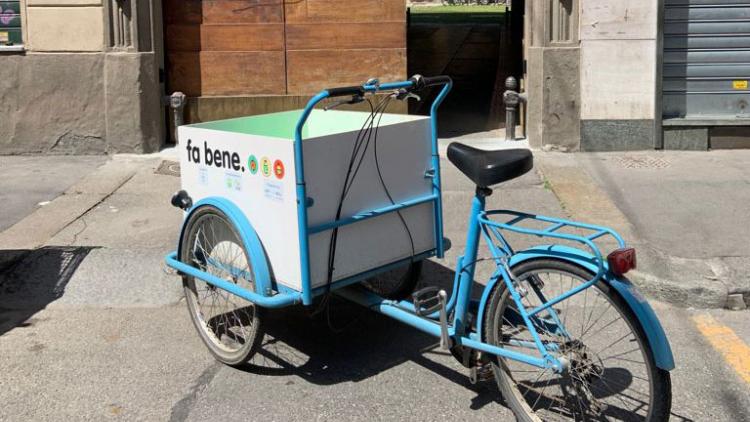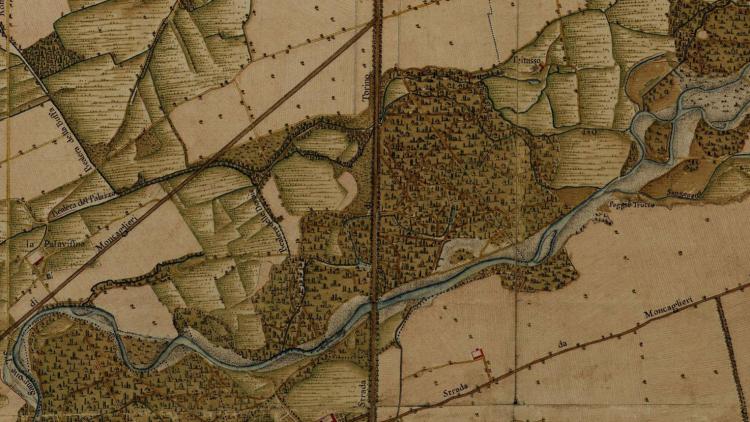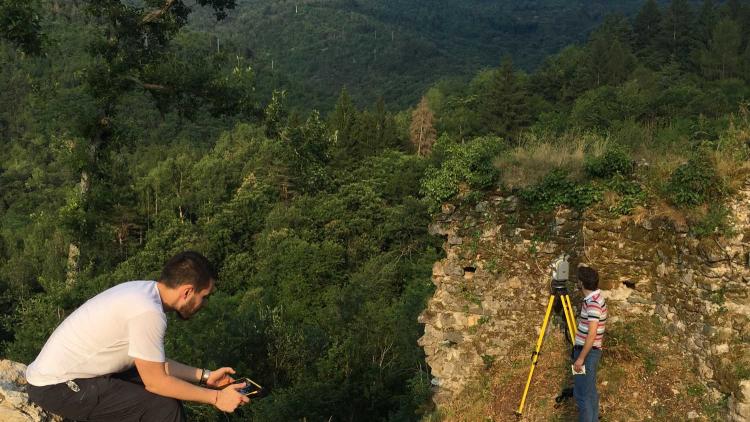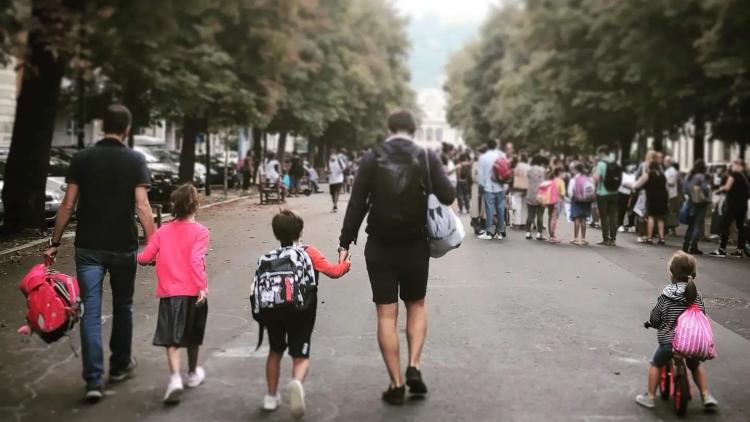From e-culture to resilient formats: Let’s discuss and play with The Migrants’ chronicles 1892 Serious Game
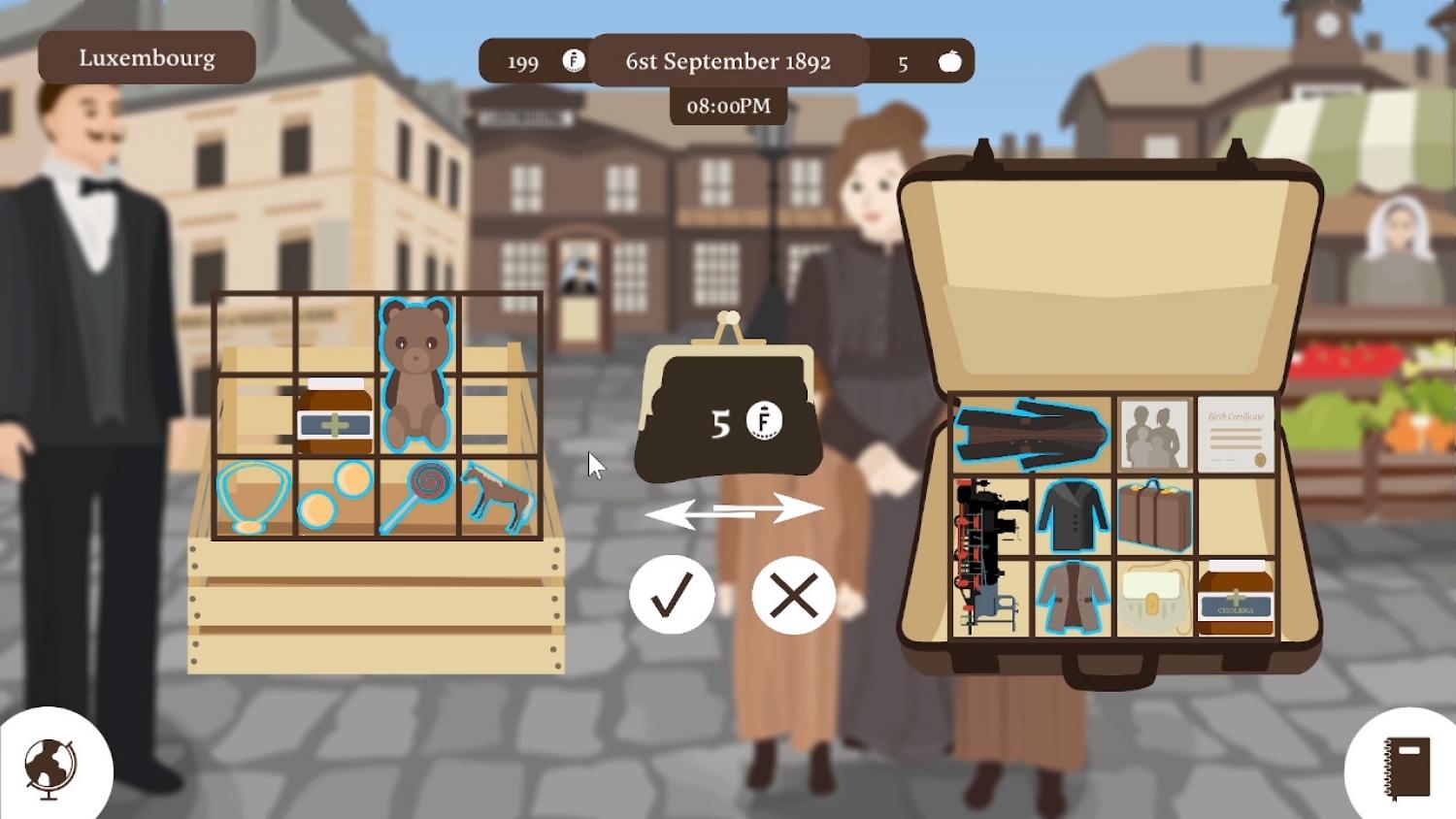
This event is in English.
You can follow the meeting by booking with Eventbrite (button below). The meeting will later be available online on the DIST department's YouTube page.
E-culture can constitute a concrete support to the cultural and social life of cities and territories. The virtual world has been proved to play a crucial role also for social resilience, as experienced also during pandemic limitations. E-culture is turning toward new resilient e-formats for improving social life.
The e-culture scenario is a varied ecosystem based on a mixture of heterogeneous expertise, coming from humanities, social sciences and ICT areas. To allow such heterogeneous skills coexist and operate in synergy in an integrated framework, common languages, novel tools and suitable objectives must be studied. Designing and developing this integrated framework is currently an open and challenging research issue. At the same time, it has a great educational potential to create an impact on society and create historical to social issues such as migration.
The seminar - both in presence and in remote - recreates this mixture through the presentation and discussion of the digital serious game, Migrants’ chronicles 1892, by one of the developers. Conceived for educational purposes between veracity and playability, the game represents a valuable opportunity to discuss the open issues above and possibly find useful insights to address them.
The goal of the project Migrants’ chronicles 1892 is to create a digital educational game about the migration of Luxembourgers to the United States in the 19th century for use in schools and museums. Its aim is to pass on the memory of Luxembourg emigration to young people, ages 11-13. Young people, ages 11 and 13 years are digital natives. For some, the game will build upon knowledge previously acquired from books and school lectures. For students, who do not learn from traditional academic approaches, the immersive game will open the door to new forms of learning. If successful, the project represents more than a stand-alone effort. Rather, it may show a way to enabling school children to take charge of their own learning as an active process. Our game can serve as a template that can accept a variety of content of other historical situations.
The Migrants’ Chronicle project is a collaboration between the Faculty of Humanities Education and Social Sciences of the Luxembourg University, the Cologne Game Lab TH Köln and the Humanities Center of Carleton College, Northfield, MN (USA).
The seminar consists of two parts: In the first part of the session professor Marie-Paule Jungblut, who is the project manager of the game, will present the demo of the game.
The second part of the seminar will be dedicated to the development process of a serious historical game and the challenges that historians and game developer face when working together on a serious game.
Marie-Paule Jungblut, PhD., is a distinguished public historian, teaching public history at the university of Luxembourg and museology at the university of Liège. She is known for her intellectual and practical leadership in pushing museum boundaries, both in person and virtually. She has been vice director of the Museums of the City of Luxembourg and subsequently, director of the four historical museums of Basel. Currently, she is influencing the next generation of public historians and museum professionals through her work and expressing her ideas through publications.
Rosa Tamborrino, PhD, full professor at Politecnico di Torino, is an expert in urban history in its relations with cultural heritage, cultural landscapes, and memories, and the use of digital technologies for promoting culture in society. She leads with Willeke Wendrich (UCLA) the POLITO-University of California, Los Angeles/Cotsen Institute of Archaeology Joint Summer School ‘Cultural Heritage in Context, Digital technologies for the Humanities’ which had an edition on “Learning by game creation”.
Comitato scientifico e promotore: Silvia Chiusano, Cristina Cuneo, Bianca Maria Rinaldi, Rosa Tamborrino
This event is in English.
You can follow the meeting by booking with Eventbrite (button below). The meeting will later be available online on the DIST department's YouTube page.



